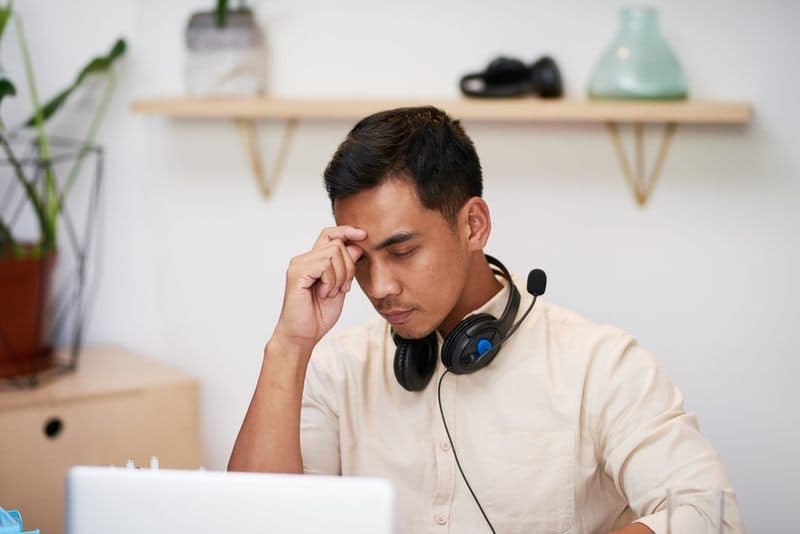Amaha / / / How Do Psychiatrists Treat ADHD Patients?
ARTICLE | 4 MINS READ
How Do Psychiatrists Treat ADHD Patients?
Published on
22nd Jul 2025

ADHD can be a tricky disorder to manage. It can affect several parts of your life - your ability to focus, pay attention and control impulses. However, there are ways to manage these symptoms to help you function better every day.
What to expect from your first appointment?
When you present your concerns to your psychiatrist, they will want to know more about your symptoms and how they are affecting your life. They'll also want to learn about any other mental or physical health issues that might be contributing to your symptoms so they can provide the best possible treatment plan. They will have a thorough conversation with you and go through your concerns.
Based on your symptoms, they will make an evaluation. If you meet the diagnostic criteria for ADHD, they might diagnose you with the condition. They will then work with you to create a treatment plan, which might include medications that will help alleviate your symptoms. They are also likely to recommend therapy, where you will learn how to focus better and learn coping skills to deal with the symptoms associated with ADHD.
What kinds of medications help with ADHD?
One way that psychiatrists treat patients with ADHD is by prescribing medications. These drugs work by improving impulse control and helping you stay focused on tasks at hand without overreacting emotionally or physically when something goes wrong or doesn't go as planned during an activity such as schoolwork or sports practice.
There are a number of medications that can help you manage ADHD. Any kind of psychiatric medications can only be taken under the supervision of a trained and qualified psychiatrist. Instances of these include stimulants (such as methylphenidate, and dextroamphetamine) and non-stimulant medications (such as atomoxetine and guanfacine). These drugs may be used in combination if you have trouble sleeping or concentrating on tasks like homework or schoolwork. At times, injectable drugs like trihexyphenidyl are also used to treat hyperactivity (constant moving associated with ADHD).
What are the common side effects of ADHD medications?
In addition to the common side effects associated with ADHD medications, there are also some serious and dangerous side effects that you should be aware of, such as seizures. The most common ones include nausea, vomiting, and restlessness.
If these symptoms occur while taking medication for ADHD and they continue for more than 24 hours after you have taken your dose, contact your psychiatrist immediately. It is said that you should never lie to your doctor because they will only be able to help you if they know exactly what you’re going through.
ADHD can be managed with some support
It is important to remember that ADHD is a condition which needs to be managed with proper medication and/or therapy.
There are many psychiatrists who specialize in treating children and adults with ADHD; some focus on one aspect of the condition more than others (e.g., hyperactivity vs. inattention), while others treat both symptoms over a period of time as part of their treatment plan.
One important thing to note is that medications are not the only way in which your psychiatrist will help you get better from ADHD. Leading psychiatrists have noted that only about 30% of all their clients may need medications. This applies to ADHD as well, and your psychiatrist may also prescribe alternate treatment methods like therapy.